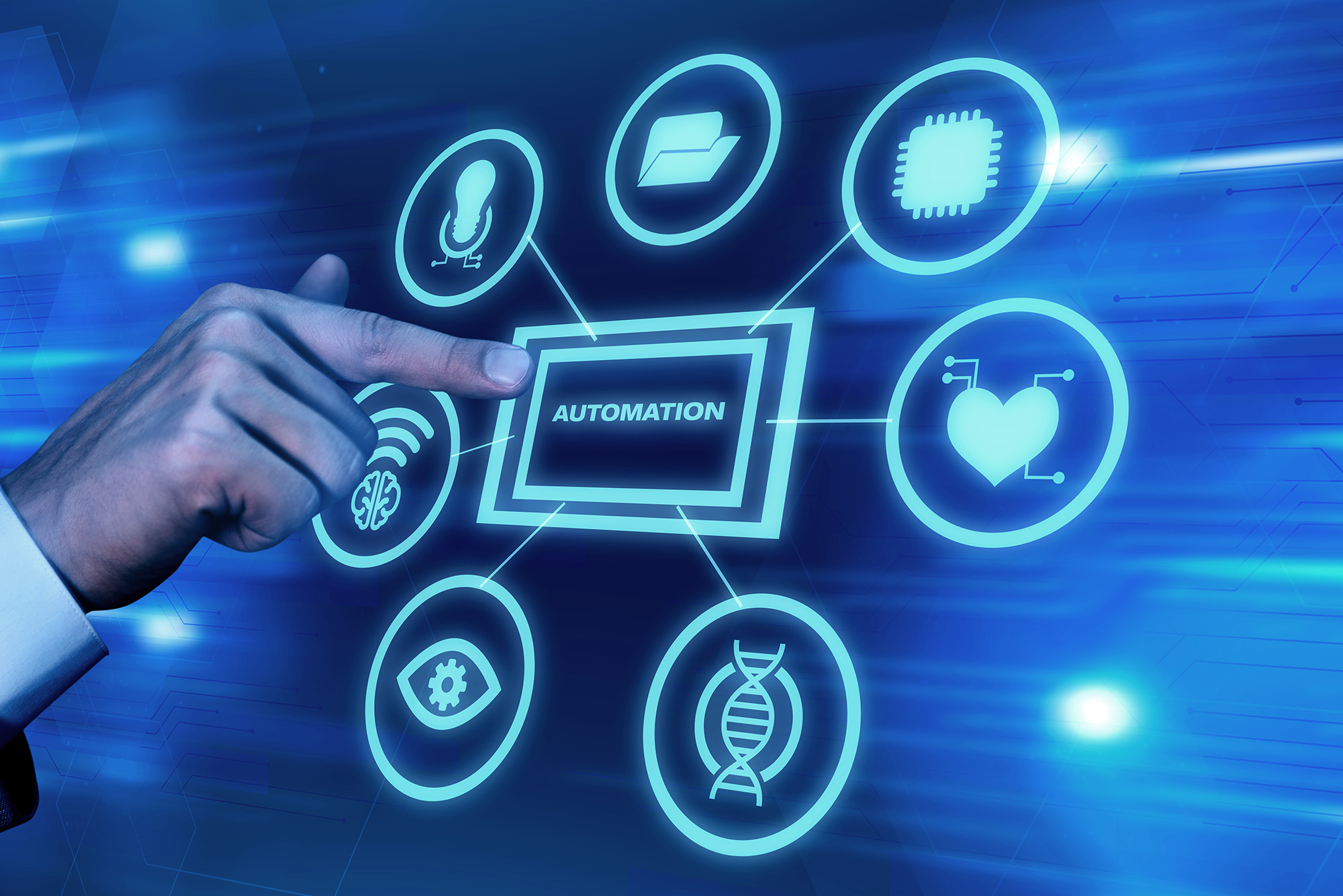AI Trends To Watch in 2023

AI Trends To Watch in 2023
June 7, 2023
Artificial Intelligence (AI) has been rapidly evolving and transforming various industries over the past few years, and 2023 promises to be an exciting time for further advancements.
This ground-breaking technology is not recent – it has powered internet search and voice assistants for years – but it has rapidly advanced in the last year, especially since the launch of ChatGPT, the AI-powered chatbot that ignited the race for AI innovation.
AI continues to mature and find its place in our everyday lives and 2023 is seen as a defining year in shaping the future of AI. Let’s take a look at how AI is changing the game for everyone.
The Rise of AI
The rise of AI has been nothing short of revolutionary, transforming the way we live, work, and interact with technology. In the wake of 2022, artificial intelligence has evolved into one of the fastest-growing industries right now.
As we move into 2023, several emerging AI trends are likely to have a significant impact on the business landscape, impacting various industries such as healthcare, finance, and transportation.
With its ability to process vast amounts of data, learn from patterns, and make intelligent decisions, AI has the potential to revolutionise productivity, efficiency, and innovation on a global scale.
From intelligent virtual assistants to autonomous vehicles and personalised recommendations, the adoption of AI has more than doubled over the last five years. The rise of AI promises a future where machines and humans collaborate seamlessly, unlocking new frontiers and possibilities across multiple domains.
5 AI Trends You Should Keep An Eye On
1. Creative or generative AI
Creative or generative AI is the talk of the world, and it has the potential to be a game-changer in the creative field.
But what is Generative AI? This field of artificial intelligence (AI) focuses on systems capable of generating original and innovative content, such as images, text, and audio, that mimic human creativity.
Unlike traditional AI, such as machine learning, which focuses on recognizing patterns and making predictions based on existing data, generative AI can take things a step further by creating new content from scratch.
Creative AI not only serves as a tool for artists and designers to explore new ideas but also sparks new perspectives and collaborations between humans and machines. As generative AI continues to advance, it holds the potential to revolutionise photography and videography, writing, design, and even music.
2. Intelligence Automation
Another key trend to watch out for in 2023 is the integration of AI and RPA to create intelligent automation solutions. By combining the strengths of AI technologies, such as machine learning, natural language processing, and computer vision, with the automation capabilities of RPA, organisations can enhance productivity, efficiency, and decision-making capabilities.
Intelligence automation systems can analyse large volumes of data, extract insights, make intelligent predictions, and execute tasks with minimal human intervention. By automating repetitive tasks, organisations can streamline operations, reduce errors, and free up employees to focus on higher-value activities that require creativity and critical thinking.
Intelligence automation has the potential to revolutionise industries such as finance, healthcare, manufacturing, and customer service, enabling organisations to achieve greater operational agility and competitive advantage in an increasingly digital world.
3. AI-human collaboration
In 2023, get ready to work side-by-side with AI, as this will be a year of increased collaboration between humans and machines. By 2030, 80% of the workforce is expected to interact with smart AI tools daily.
Rather than replacing humans, AI is designed to augment human capabilities, working alongside individuals to amplify their productivity, creativity, and problem-solving abilities. By leveraging AI technologies, organisations can access vast amounts of data, gain valuable insights, and automate routine tasks, allowing them to focus on higher-level decision-making and complex problem-solving.
It is expected to see increased collaboration in many sectors such as automotive manufacturing, agriculture, education, healthcare, food and beverage, electronics, and defense.
4. Cybersecurity
Cyber-attacks rose by 50% in 2021 and showed no signs of slowing down, making cybersecurity a top priority for organisations. With the rise of sophisticated cyber threats, AI will play a crucial role in strengthening cybersecurity defenses. In 2023, we can expect to see increased adoption of AI-powered security solutions.
Organisations can significantly reduce the manual effort needed to keep their systems secure by introducing intelligent automation into security systems. AI-powered cybersecurity tools can help in detecting and mitigating cyber threats in real-time, reducing the risk of data breaches and other security incidents.
AI algorithms will improve anomaly detection and enhance overall security posture. AI will also be used to develop advanced threat intelligence and automate incident response, enabling organisations to stay one step ahead of cybercriminals.
5. AI in Healthcare
AI in healthcare is revolutionising the industry by transforming the way we prevent, diagnose, and treat medical conditions. With its ability to analyse vast amounts of patient data, AI algorithms can identify patterns, detect anomalies, and make accurate predictions, leading to earlier and more accurate diagnoses.
For example, AI-powered medical imaging systems can analyse medical images and identify potential health issues that may not be visible to the human eye. In addition, AI-powered chatbots and virtual assistants enhance patient care by providing instant, personalised responses to queries, triaging symptoms, and offering valuable health information. Furthermore, AI algorithms contribute to drug discovery and clinical research, accelerating the development of new therapies and treatments.
With responsible implementation, AI has the potential to revolutionise healthcare, improving patient outcomes, reducing costs, and transforming the delivery of medical services.
Whether you are an IT professional or an enthusiast looking to know more about the AI trends to watch in 2023, if you are interested in discovering more about the latest technologies, talk to us!